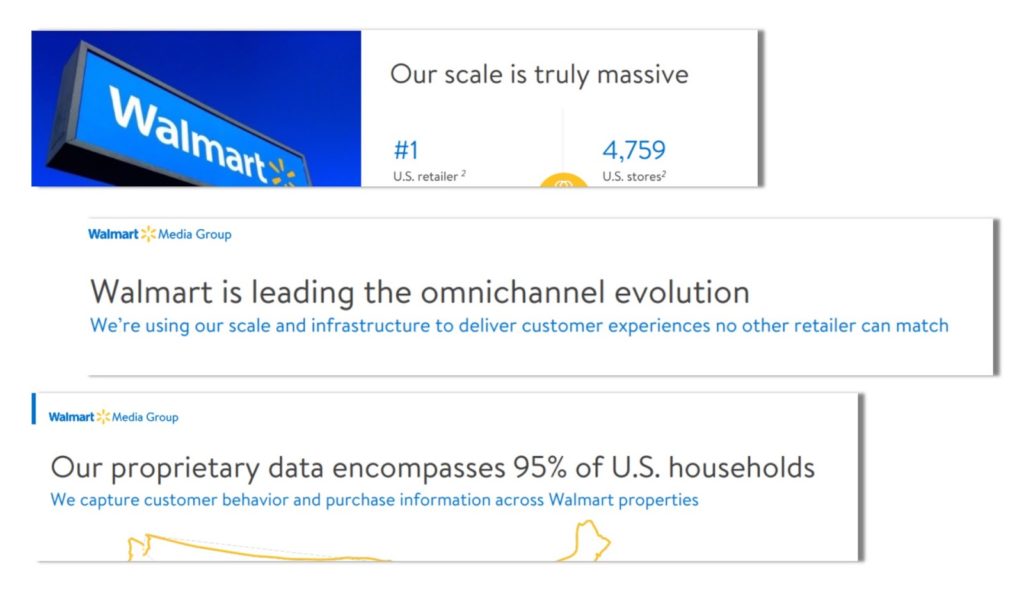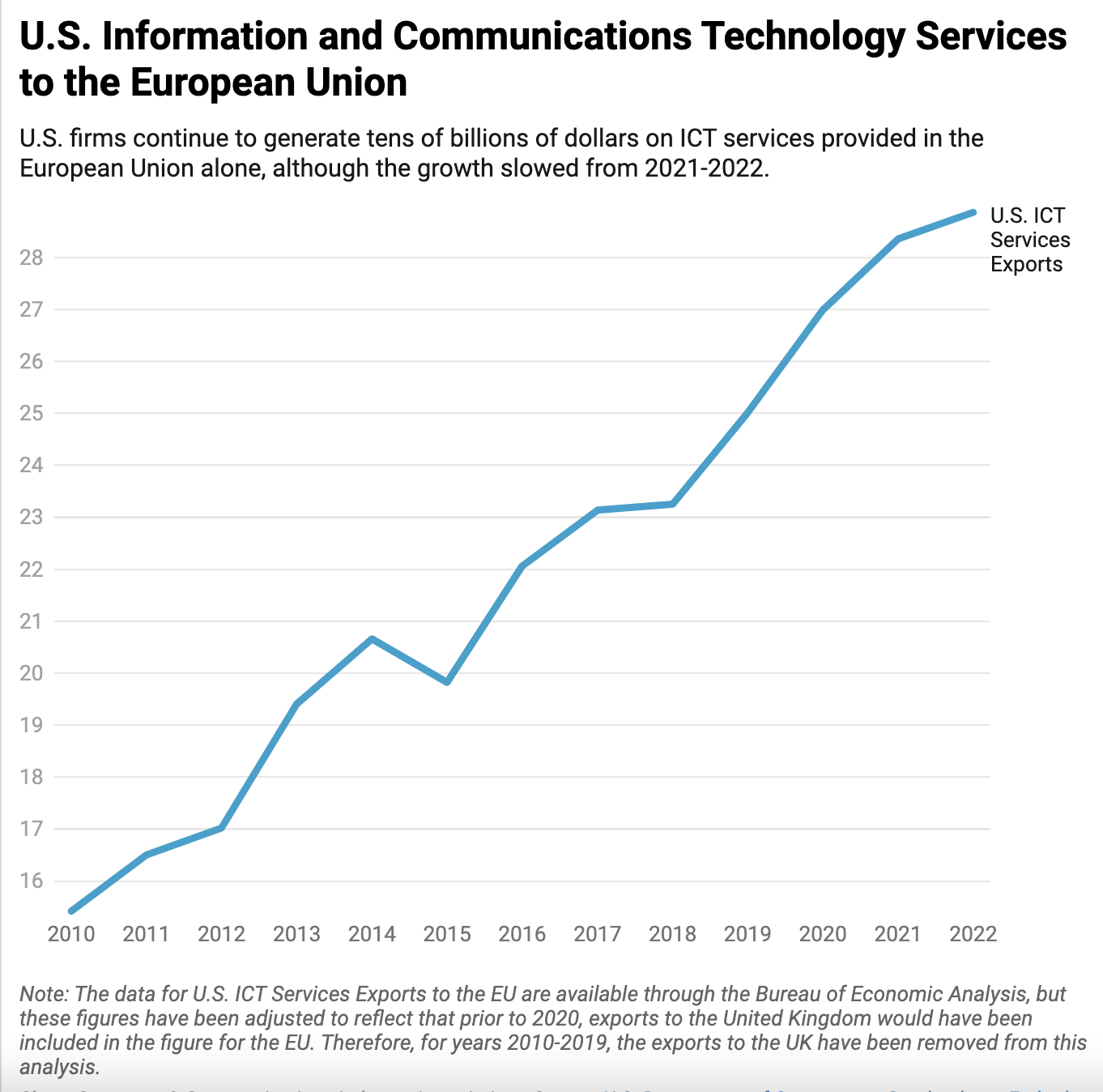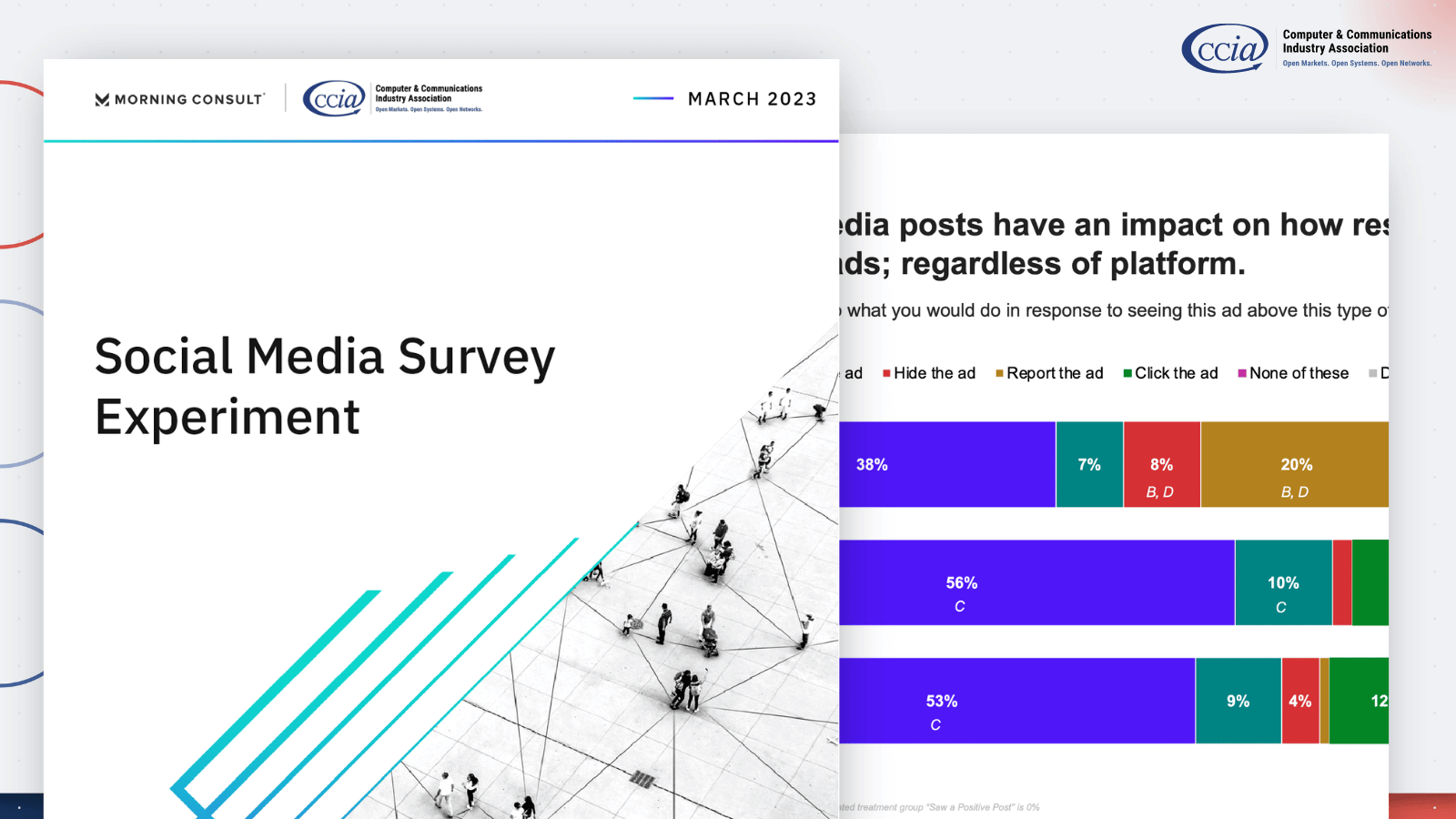Retailers, Advertisers, and Advertising Services

Recently, retailers have increasingly engaged in digital advertising based on the strength of their omni-channel retail strategy and consumer data this generates. Retailers such as Amazon, Walmart, Kroger, and Target (among others) all engage in omni-channel retail. These retailers promote sales by offering consumers multiple means of purchasing products through physical and digital manners across multiple services — from apps on a phone, to websites on a laptop, to in-store purchases. As a result, these retailers produce massive amounts of customer data which they are utilizing to create strong ad offerings. Ads in retail are nothing new, marketing has always played a key role in supporting retail, but omni-channel retailers are now seizing new opportunities born from being omni-channel and leveraging their services to show ads and create strong advertising service offerings.
One form of advertising ubiquitous to omni-channel retailers is purchase-based targeting, which tracks consumers’ purchases to influence how advertisements are shown to them. Rather than sending ads to those consumers who, for example, happen to fit a demographic, purchase-based targeting delivers ads to those consumers most likely to buy and tweaks those ads to contain the products those consumers are most interested in. For example, one individual might purchase food such as cereal and bread and cleaning supplies such as laundry detergent and paper towels for delivery on a regular basis; retailers can collect data on these purchases and track this cycle so they know when to display that consumer advertisements across multiple channels, linking that consumer to a physical or digital channel they can use to purchase those products. Purchase-based advertising, combined with the omni-channel presence of these retailers, allows them to service customers more efficiently and accurately.
The data that retailers such as Walmart, Kroger, Target, and Amazon collect can be highly useful for brands aiming to better connect with consumers. These omni-channel retailers are offering advertising services supplemented by their data to allow these brands to advertise more efficiently and accurately.
In a partnership with 84.51°, Kroger developed Kroger Precision Marketing, an advertising service combining Kroger’s customer data with 84.51° targeting and personalization science. The service helps advertisers better understand their ad campaign performance between in-store and online campaigns with data on transactions that take place both online and in-store. Cara Pratt, VP of commercial and product strategy for Kroger Precision Marketing at 84.51°, has said that “brands advertise on Kroger Precision Marketing because we can influence moments when shoppers are searching and discovering products, and do so in an authentic way.” Pratt’s comment highlights the potential of these services that brands can even capture “purchase-ready” consumers (consumers actively engaging with one of a retailer’s channels).
As a confidential presentation obtained by Ad Age reflects (see image), Walmart claims to be “leading the omnichannel evolution, touting that its “scale is truly massive” and that “[o]ur proprietary data encompasses 95% of U.S. households”, such that “Walmart.com is a daily destination for searching and browsing…16MM[million] searches per day, 717 page views per second, and 12MM[million] visits per day.” Walmart also created their own advertising service, Walmart Advertising Partners. Like Kroger, Walmart has partnered up with adtech services to offer brands the ability to better connect with Walmart customers. Walmart also recently launched Walmart+, a service designed to compete with Amazon Prime as another channel its customers can utilize.
Target has also had massive success pursuing an omni-channel strategy. However, Target greatly values the physical shopping experience so its strategy is geared towards digital channels supporting the success of its stores. Target also created its own advertising service, Roundel, which uses insights from the data it collects to help create advertising campaigns and connect businesses’ brands with consumers.
Finally, Amazon, while primarily digital, is a clear example of an omni-channel retailer, offering consumers the opportunity to purchase products on the website, through the app, or in the case of some items, stores. Furthermore, due to its predominantly digital nature, Amazon has long since recognized the potential of data in retail and leveraged the data it collects to both better its retail services and create its own advertising service with a wide range of capabilities, Amazon Advertising.
Because Amazon, Kroger, Target, and Walmart (and others) have strong omni-channel offerings, they’re able to make compelling advertising services from the data they receive from their operations. These retailers are not only using their data internally but they are creating services which utilize that data and share it with external brands to ensure greater success for all parties. These companies are competing amongst each other not just for consumers to purchase retail products, but to utilize their digital advertising services as well.









